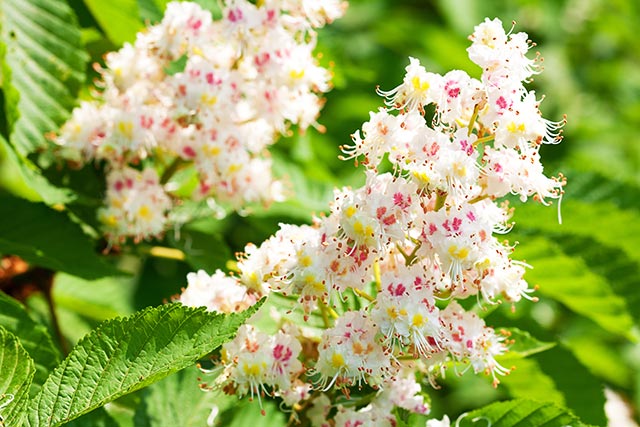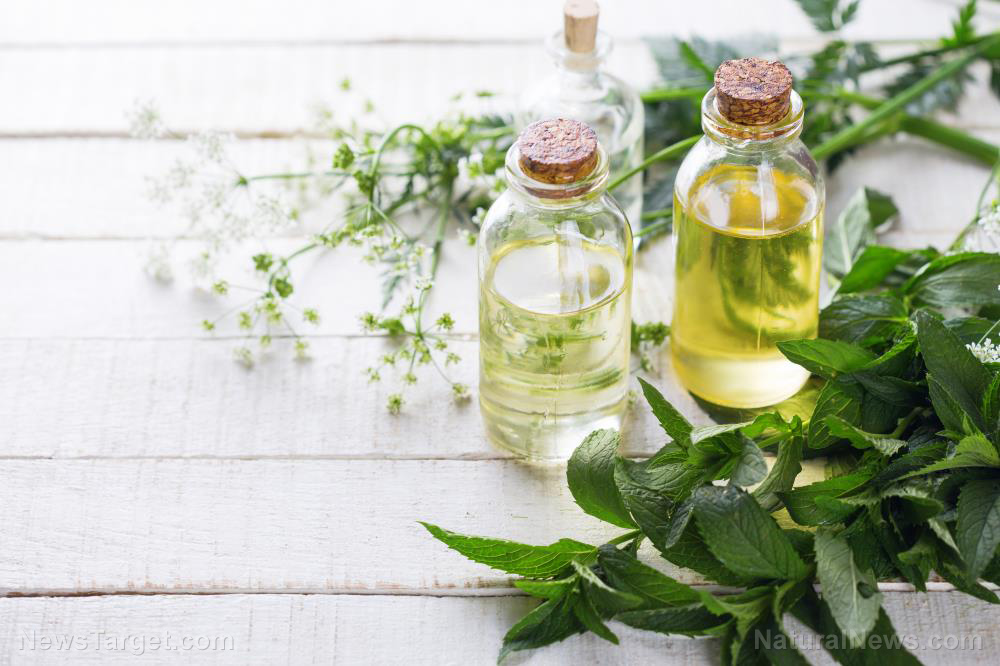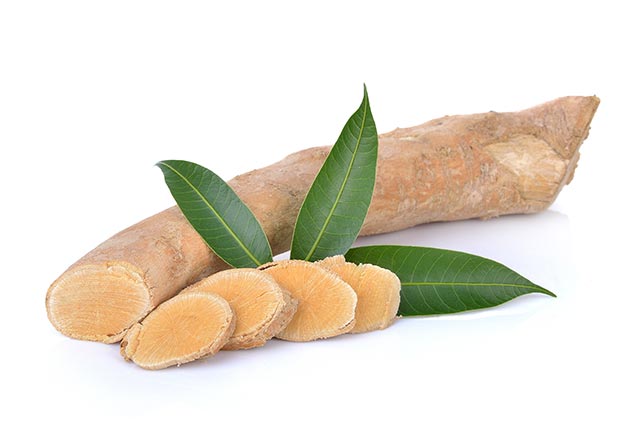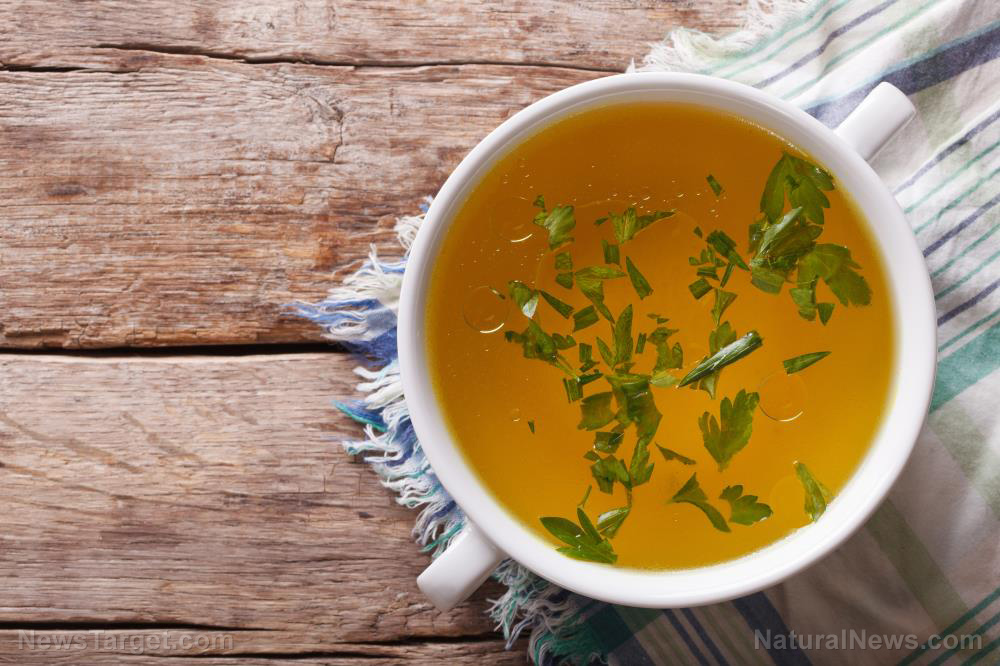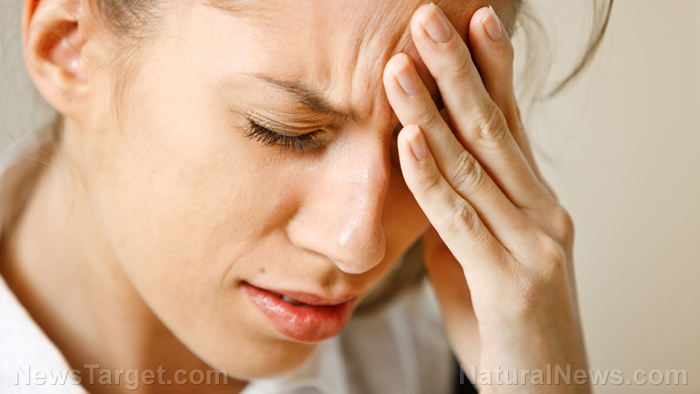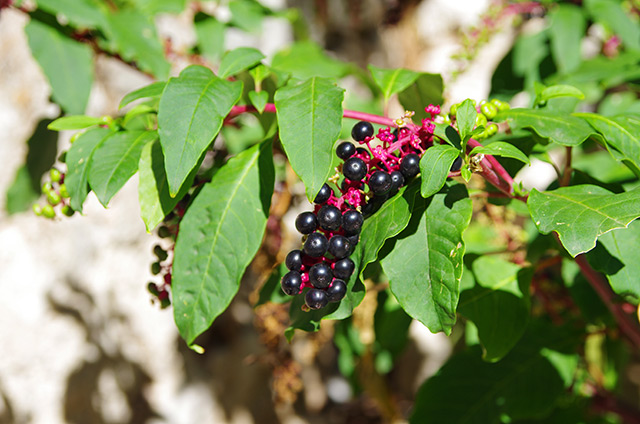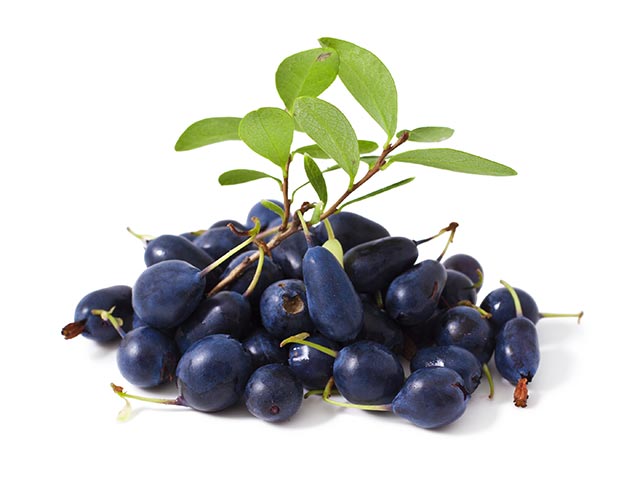Natural soy isoflavone daidzein can boost bone formation, research says
05/15/2019 / By Ralph Flores
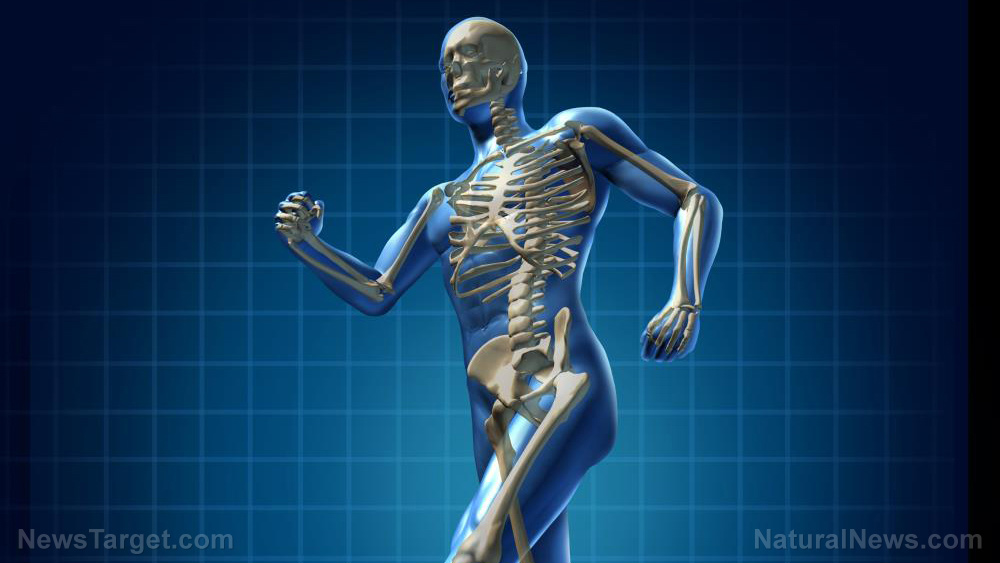
A recent study published in the journal Nutrition Research evaluated daidzein, a natural isoflavone derived from soy, for its ability to promote bone growth. In particular, the scientists from the Logistics University of Chinese People’s Armed Police Force built on previous research on daidzein’s protective effects against osteoporosis. In particular, it was compared with estradiol, a synthetic hormone taken by women to reduce symptoms of menopause, such as vaginal itching and bone loss.
Daidzein is an organic compound present in legumes such as soy and mung beans. Aside from being an isoflavone and a phytoestrogen, it is also the primary bioactive compound in kudzu root, an herb commonly used in traditional Chinese medicine. In particular, dried kudzu roots – known in TCM as “ge gen” – is regarded for its ability to expel pathogens from the muscles and skin and promote circulation in the meridians. People also used ge gen as a hangover cure.
A study in the African Journal of Traditional Medicine noted that daidzein has pharmacological activities that can prevent the development of chronic diseases like cancer, diabetes, and cardiovascular disease. The study also highlighted that the isoflavone has anti-aging and neuroprotective effects, thanks to its antioxidant and anti-inflammatory ability. Women undergoing menopause can take foods rich in daidzein to improve menopause-related symptoms.
When people think of menopause, typical symptoms that come to mind include hot flushes and night sweats. These are indeed included in the list of menopause symptoms, but it’s worth noting that bone loss is also a complication caused by the condition. Women are particularly at risk of losing up to 20 percent of their bone density five years after menopause, and the risk of osteoporosis and bone fractures increase as they become older.
In the present study, the researchers looked at how daidzein can promote the production of new bone cells using estrogen-receptor dependent signal pathways. To test their hypothesis, they looked at the effects of daidzein in the estrogen hormone estradiol – in particular, how it affected bone cell lines in vitro. They found that daidzein not only triggered the development and differentiation of bone cells, but it also inhibited cell death, also known as apoptosis, in cells exposed to the chemotherapy drug cisplatin. These activities, noted the researchers, were mediated by estrogen receptors.
In sum, the researchers noted that daidzein can stimulate bone growth by altering bone cell and development. (Related: Daidzein from soy found to improve cholesterol and triglyceride levels in women.)
Other foods to boost bone health
It’s not just women who need to improve bone health. According to a study in the Journal of Bone and Mineral Research, a person reaches peak bone mass at 30 years of age. If a person doesn’t have enough bone mass during this time, he or she risks developing fragile bones or those that break easily. All’s not lost, fortunately, since proper nutrition and a healthy lifestyle can help build and maintain healthy bones, no matter the age. Here are just some foods that help in building strong bones. (h/t to Healthline.com)
- Vegetables: Many vegetables are rich in vitamin C, which protects the bones from damage, and studies show that eating vegetables is linked to increased bone density. Eating more green and yellow vegetables in particular can increase bone mineralization for children and maintain bone mass in young adults. Women undergoing menopause can also benefit from eating vegetables like broccoli and cabbage as these have bone-protective antioxidants.
- Proteins: Having a low protein intake increases the risk of bone loss, especially in older women. A study in The American Journal of Clinical Nutrition found that women who had a higher protein intake had a higher bone density in the spine and hips and a lower risk of forearm fractures.
Looking for more articles on how phytochemicals improve a person’s health? Phytonutrients.news has you covered.
Sources include:
Tagged Under: alternative medicine, bone health, daidzein, food cures, food is medicine, functional food, isoflavone, natural cures, natural medicine, osteoporosis, remedies, soy, TCM
RECENT NEWS & ARTICLES
COPYRIGHT © 2017 REMEDIES NEWS

